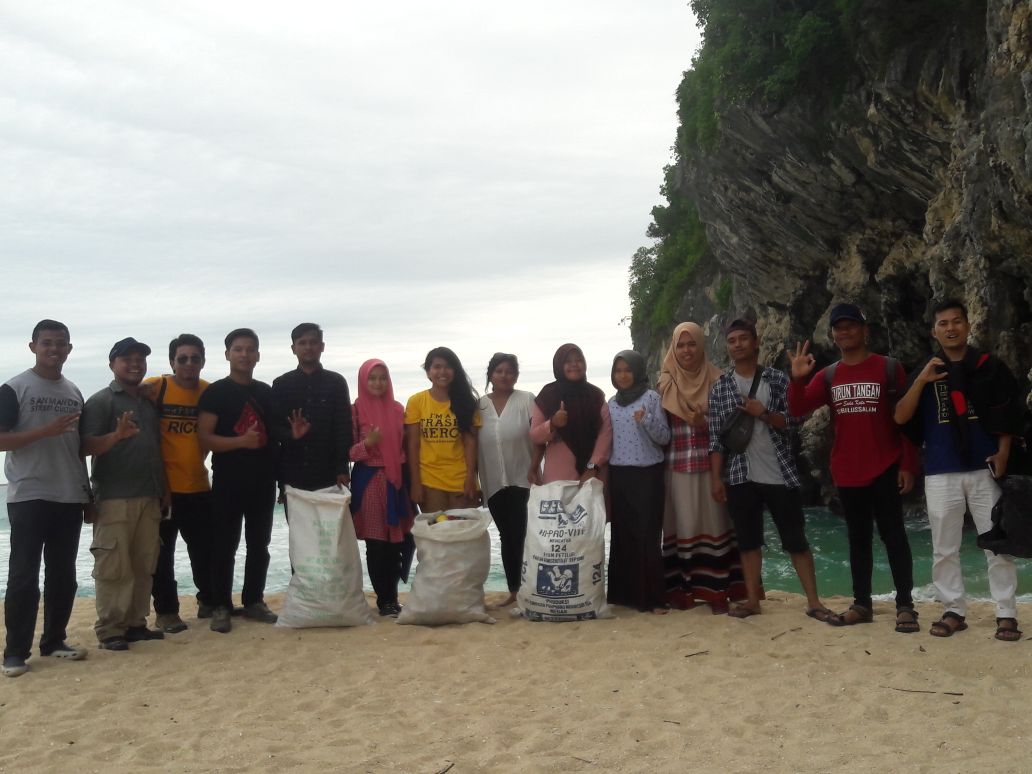Extremely heavy rainfall hit the small island of Koh Chang, Thailand over September 15-16 causing major flash flooding throughout the island. The flooding was so strong that dozens of homes were damaged, and more than 100 motorbikes and three vehicles were washed away, as reported by the local government. According to residents, it was the most dramatic weather seen in decades – as was the aftermath of destruction and debris. Fortunately, no one was hurt, and locals happily report that the island has already bounced back to normal – in no small part due to the huge, collaborative effort launched community-wide following the storm.
Clean-up efforts began across the island immediately, and Koh Chang’s Trash Hero representatives worked closely with the local government and officers from the National Park to coordinate an unprecedented three-day cleanup event – coinciding with September 21st’s international World Cleanup Day.
Debris and rubbish swept up in the floods emerged all across Koh Chang as the floodwaters receded. Runoff was particularly severe in areas like the beautiful Klong Phrao Beach, where water levels were reported to be up to 50cm deep during the storm. Without urgent removal, this waste would simply be carried by tides out to sea, where it enters the ecosystem and is unlikely to ever be recovered. Left unattended, this debris also carries health risks for humans, animals, and marine life alike.
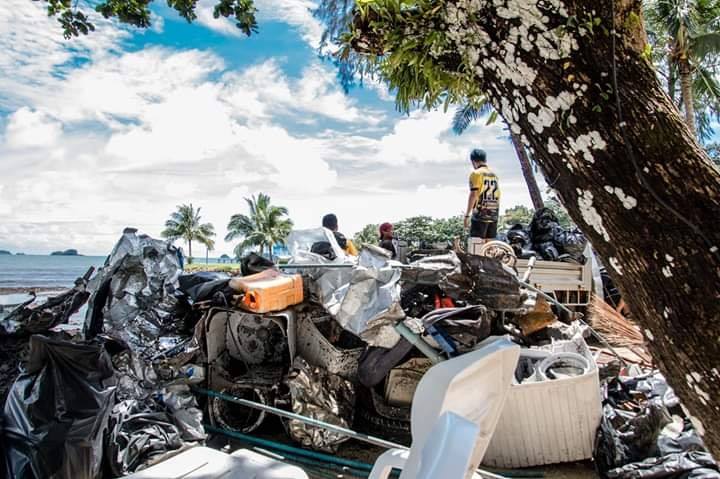 More than 1,000 volunteers assembled over the three-day cleanup, including participants traveling from all across Thailand who had seen reports about the flooding. A number of electricians, kitchen staff, and cleanup volunteers headed to Koh Chang to join the local community, eager to help restore the beautiful island quickly, brought together through a community spirit of collective action!
More than 1,000 volunteers assembled over the three-day cleanup, including participants traveling from all across Thailand who had seen reports about the flooding. A number of electricians, kitchen staff, and cleanup volunteers headed to Koh Chang to join the local community, eager to help restore the beautiful island quickly, brought together through a community spirit of collective action!
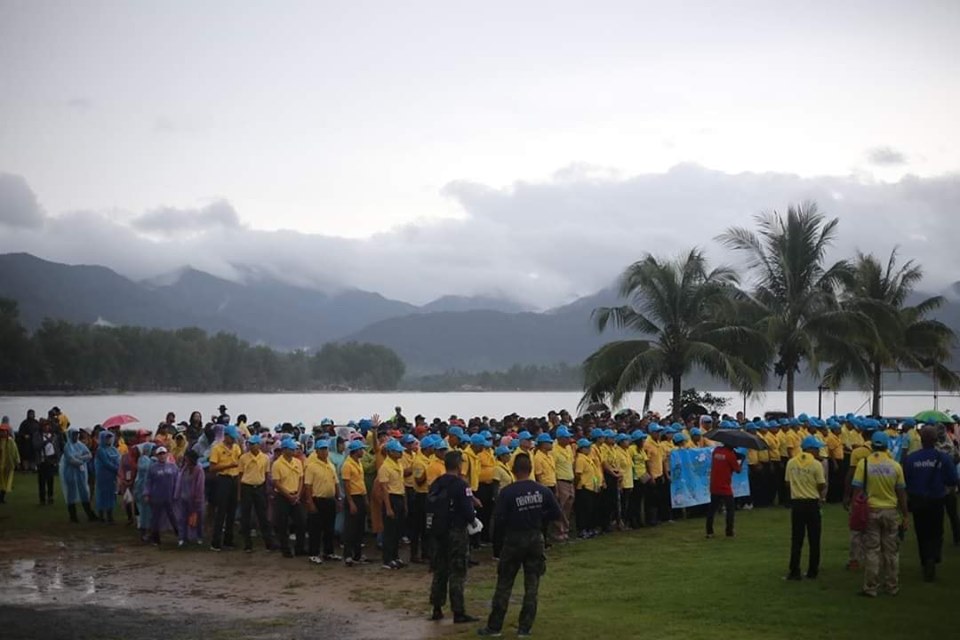
Thirty-five Koh Chang hotels donated rooms to accommodate these non-local volunteers, while dozens of restaurants and local businesses provided ongoing food, fresh water, and supplies. Local authorities continued to offer constant support to the effort, with both the Koh Chang and Trat Province mayors on-site for the cleanups, leading by actionable example.
Over the next three days, rainy drizzle abated opening up to sunny blue skies, revealing the immense progress made. In total, more than 13 tonnes – or 28,600 pounds – of rubbish was collected for proper disposal by this enormous collaborative effort.
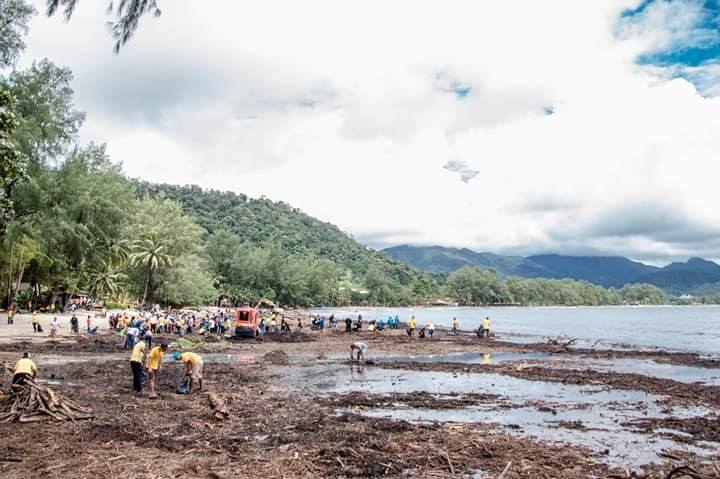

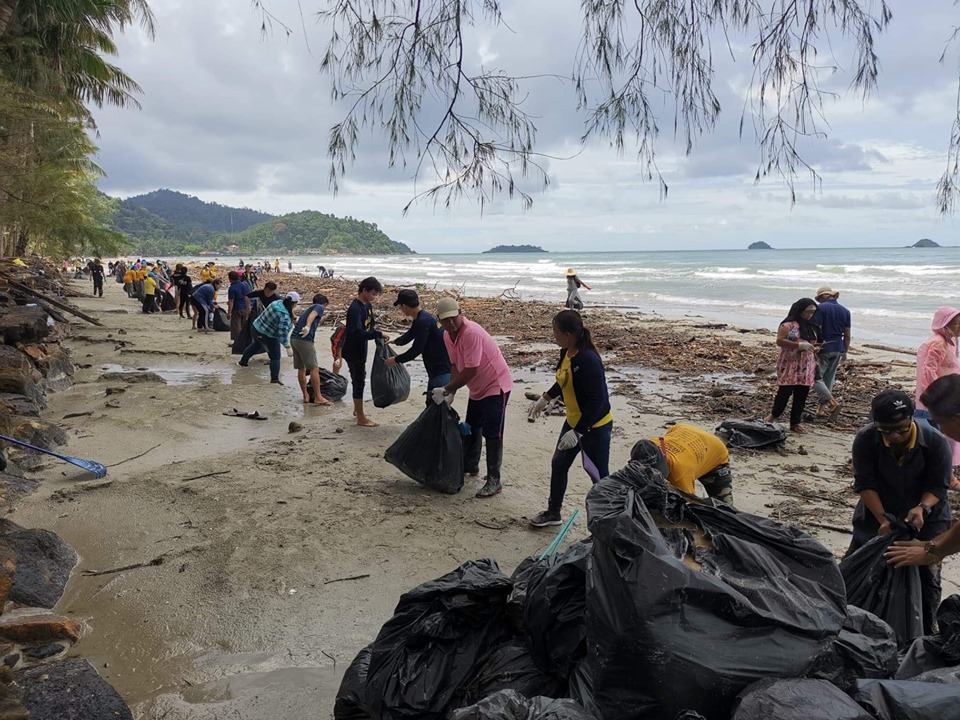
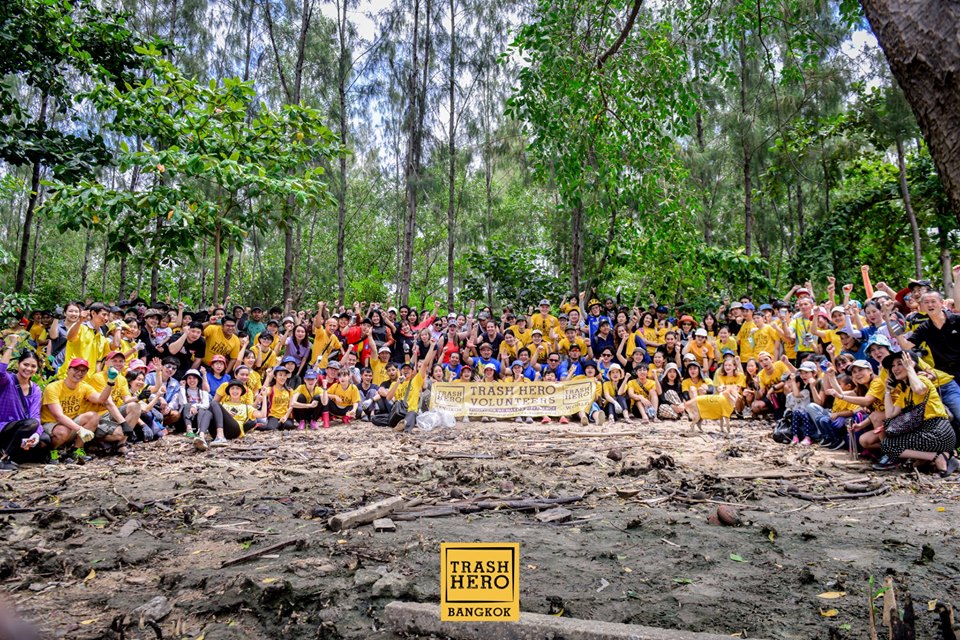
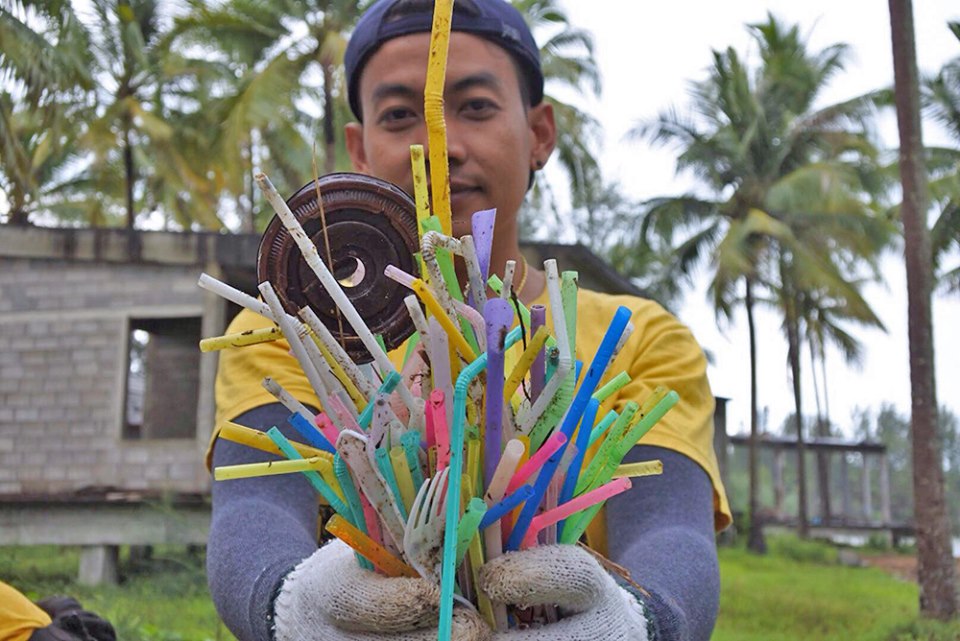

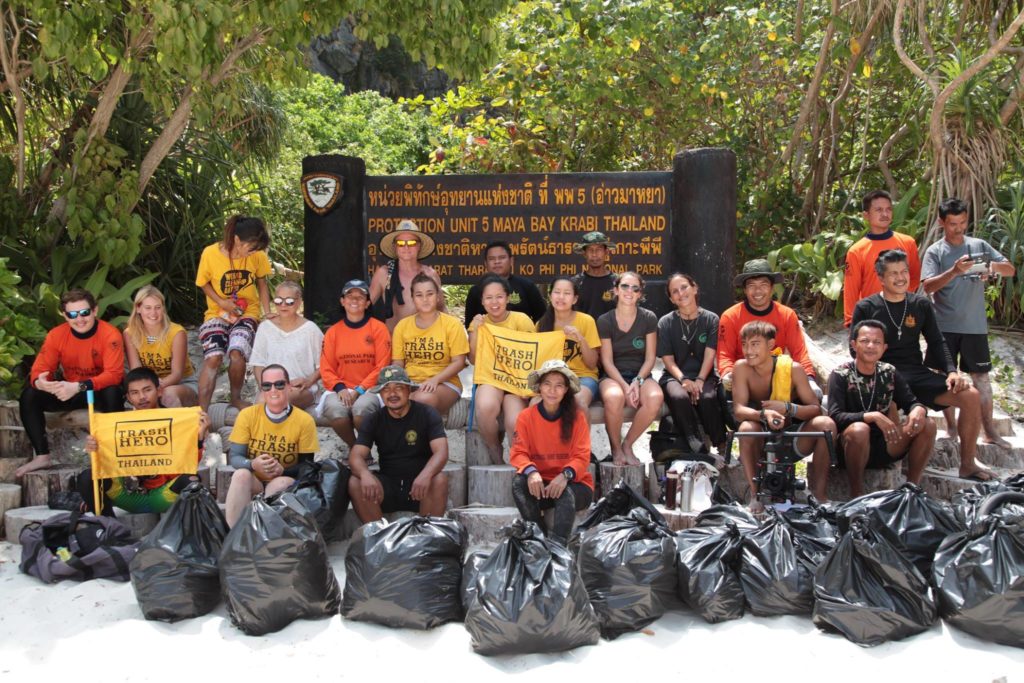
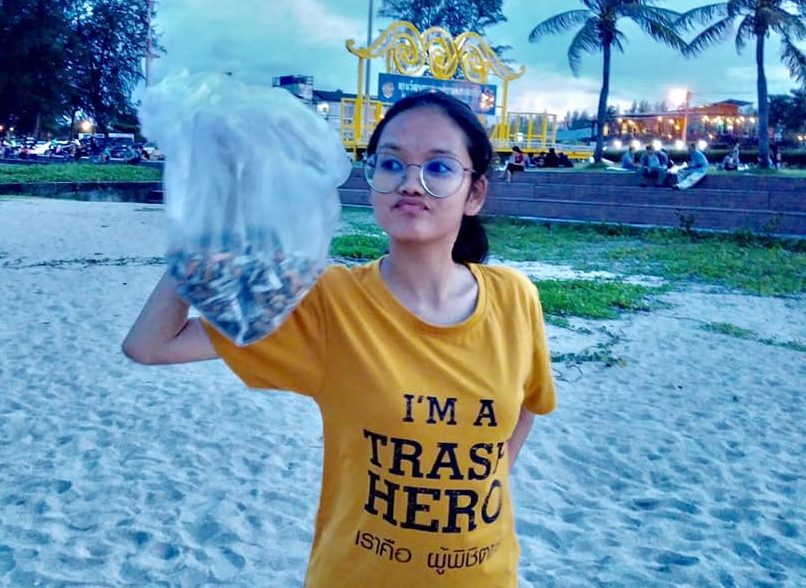
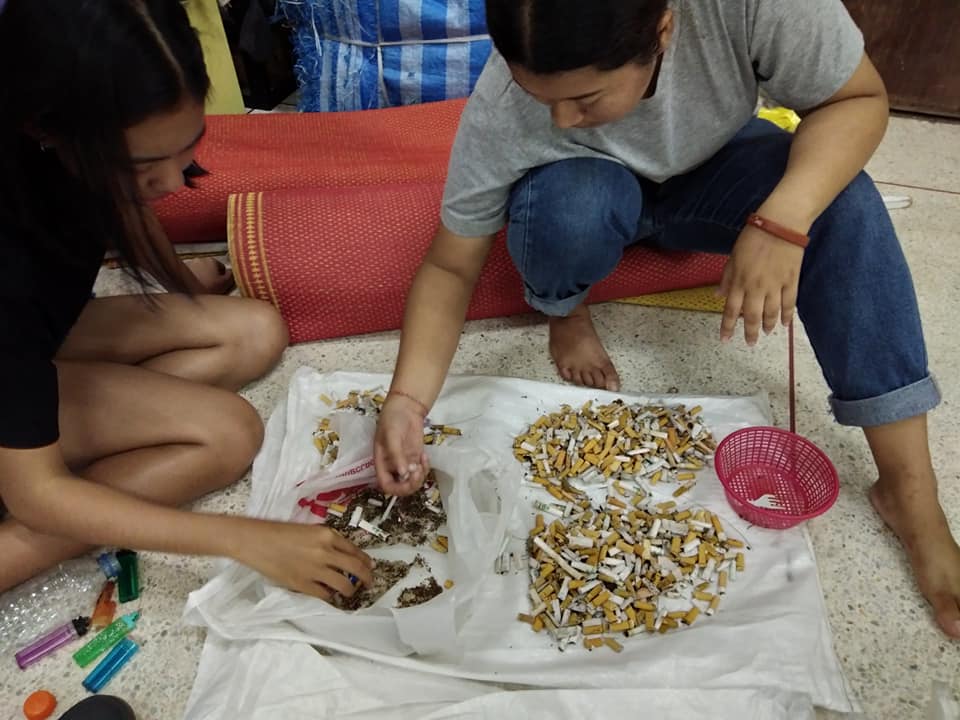
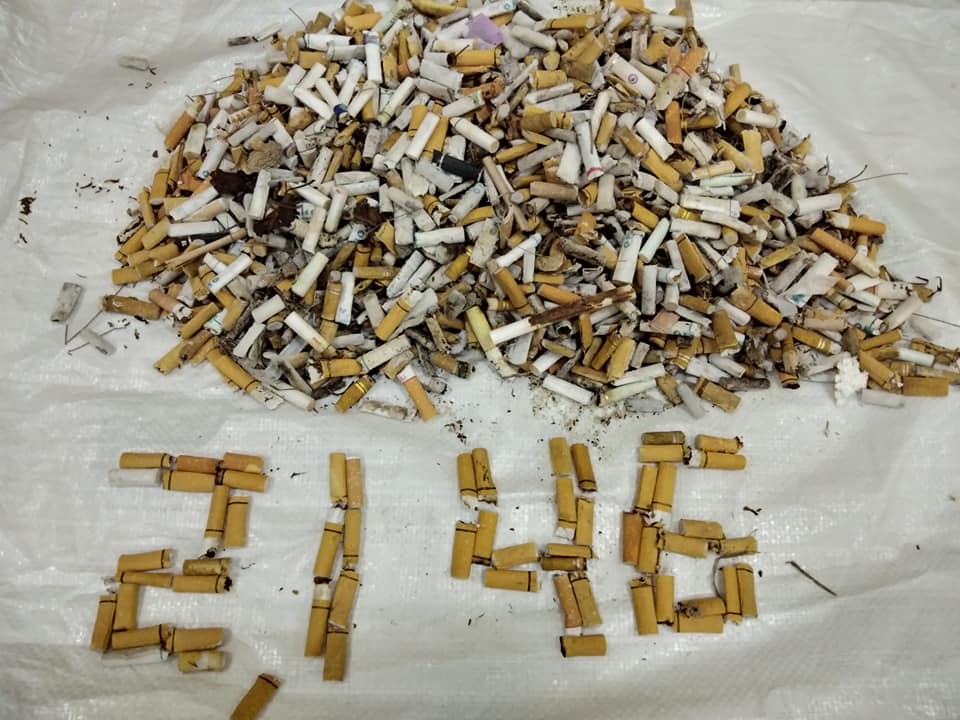
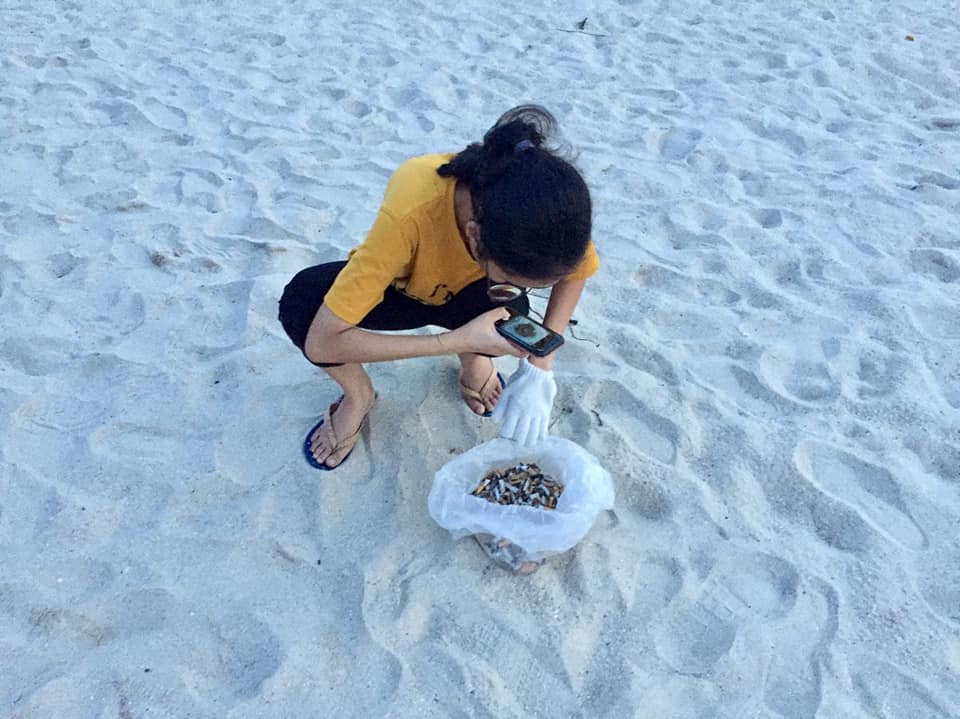
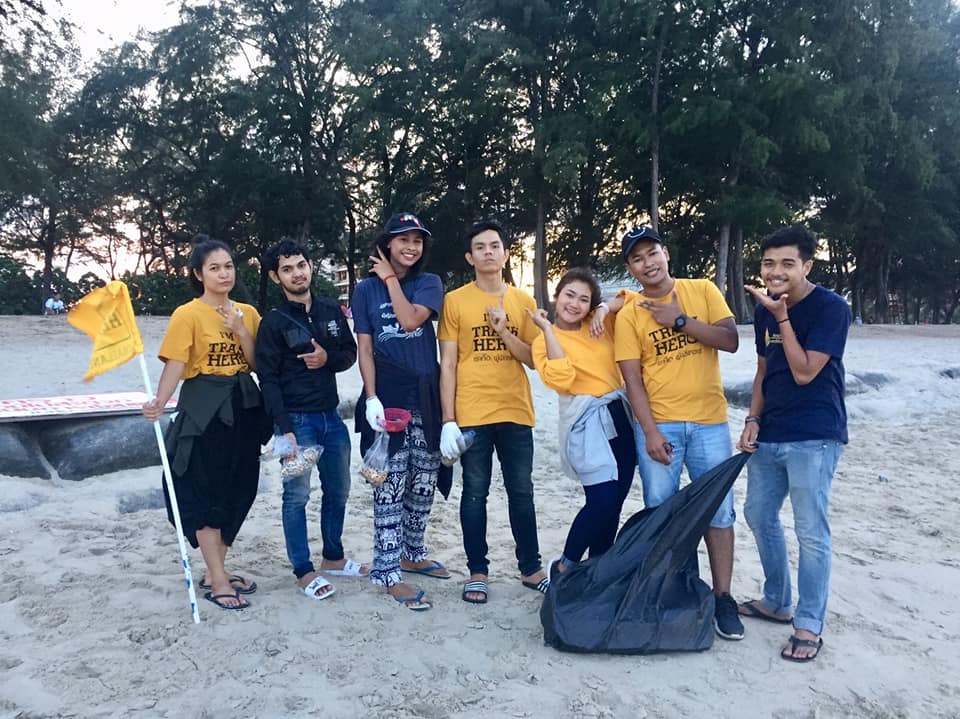
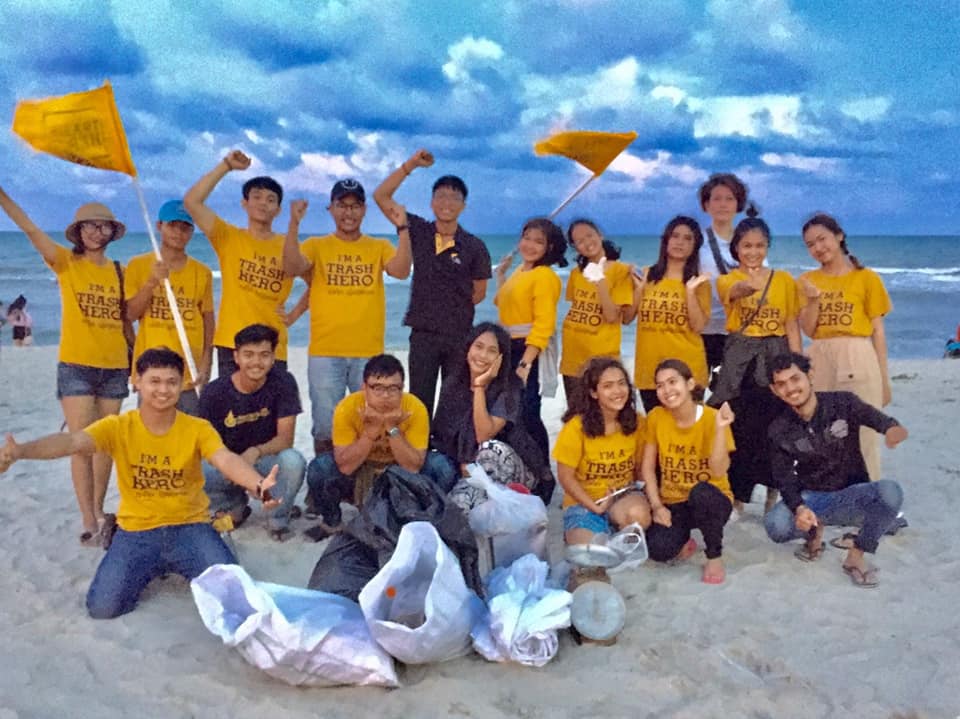
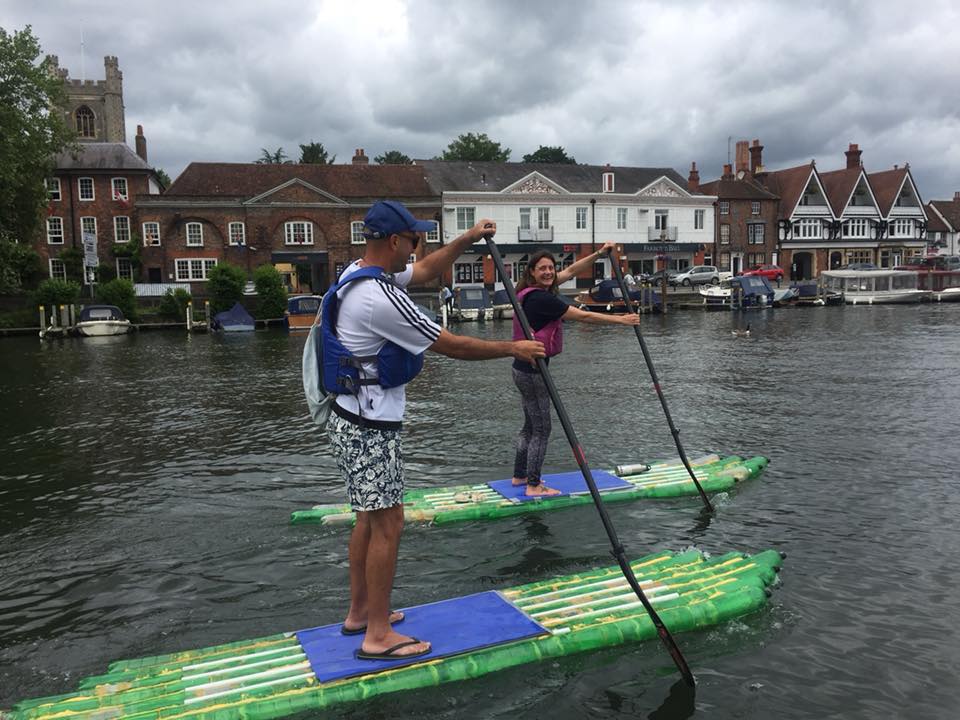
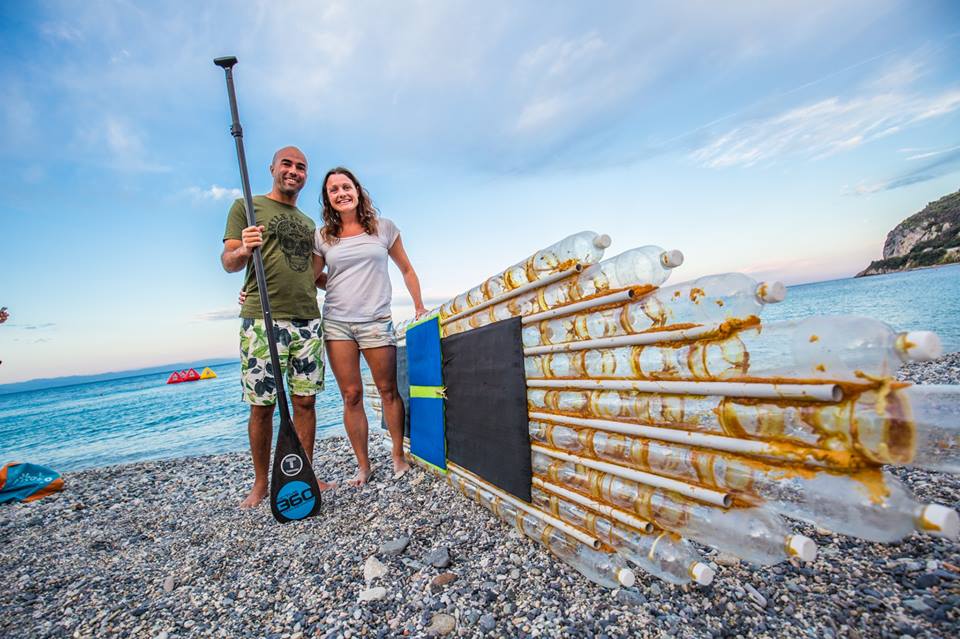
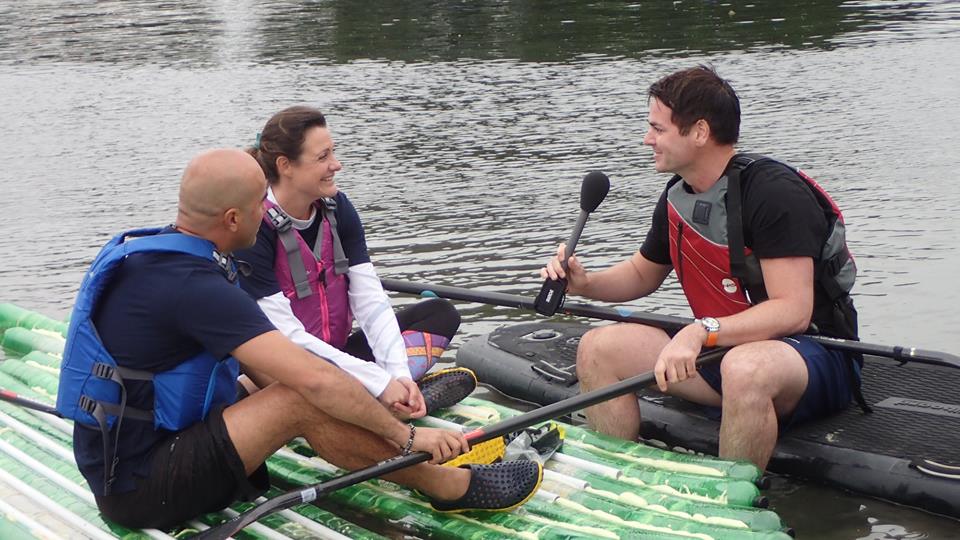
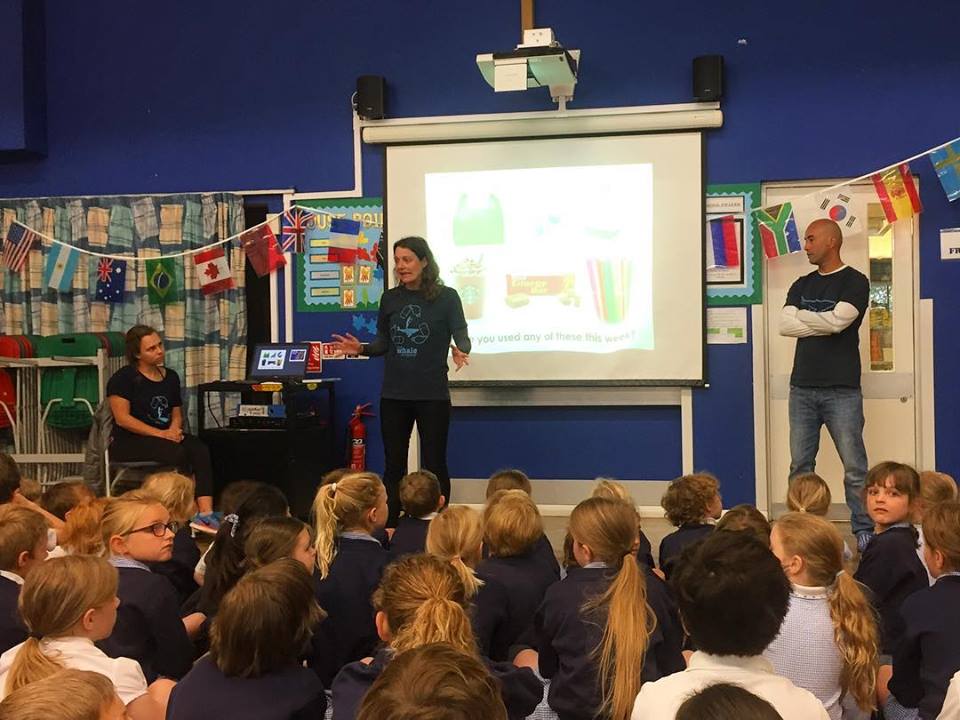
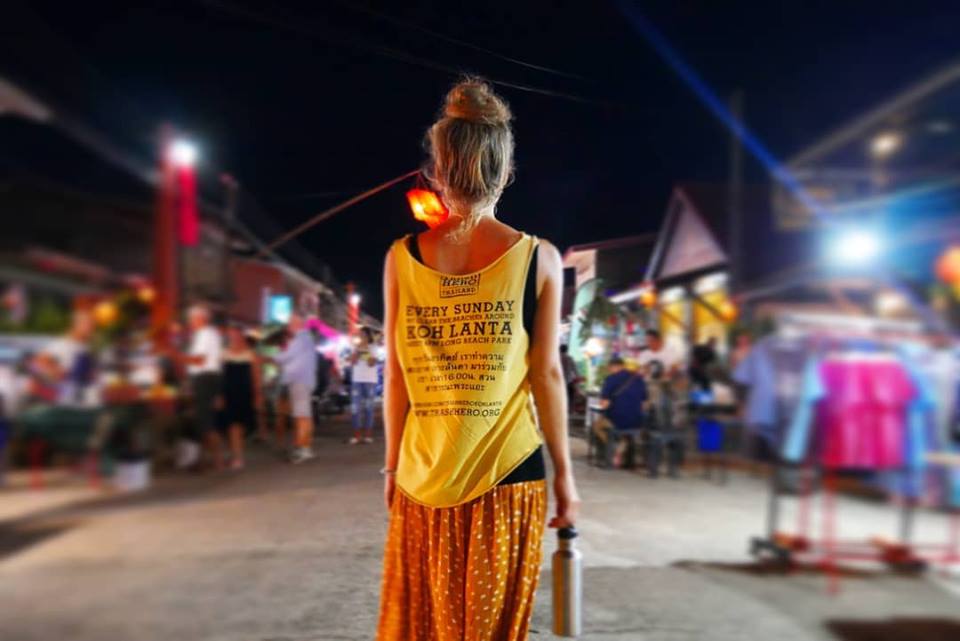
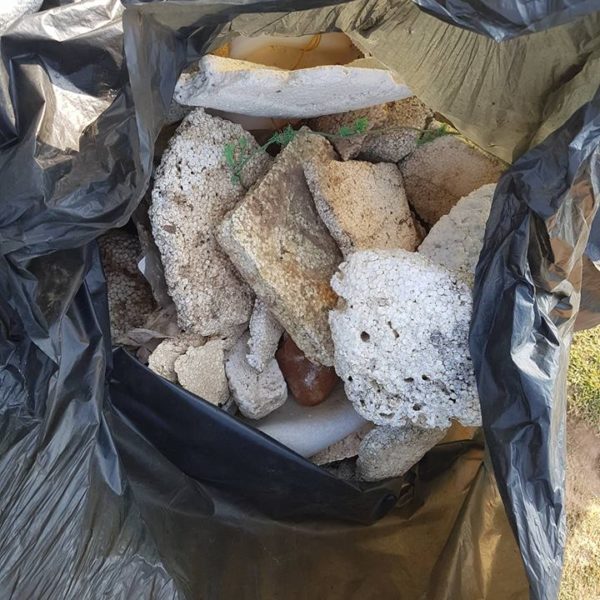
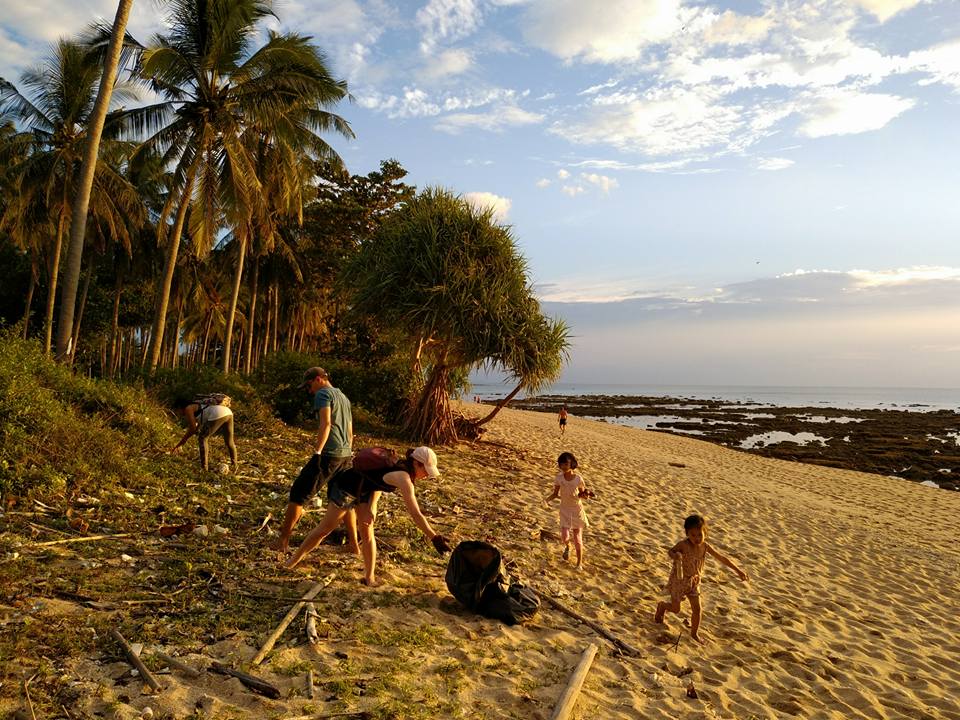
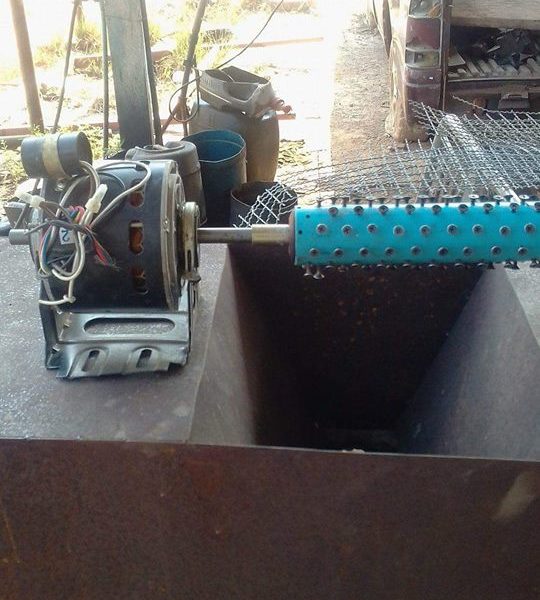
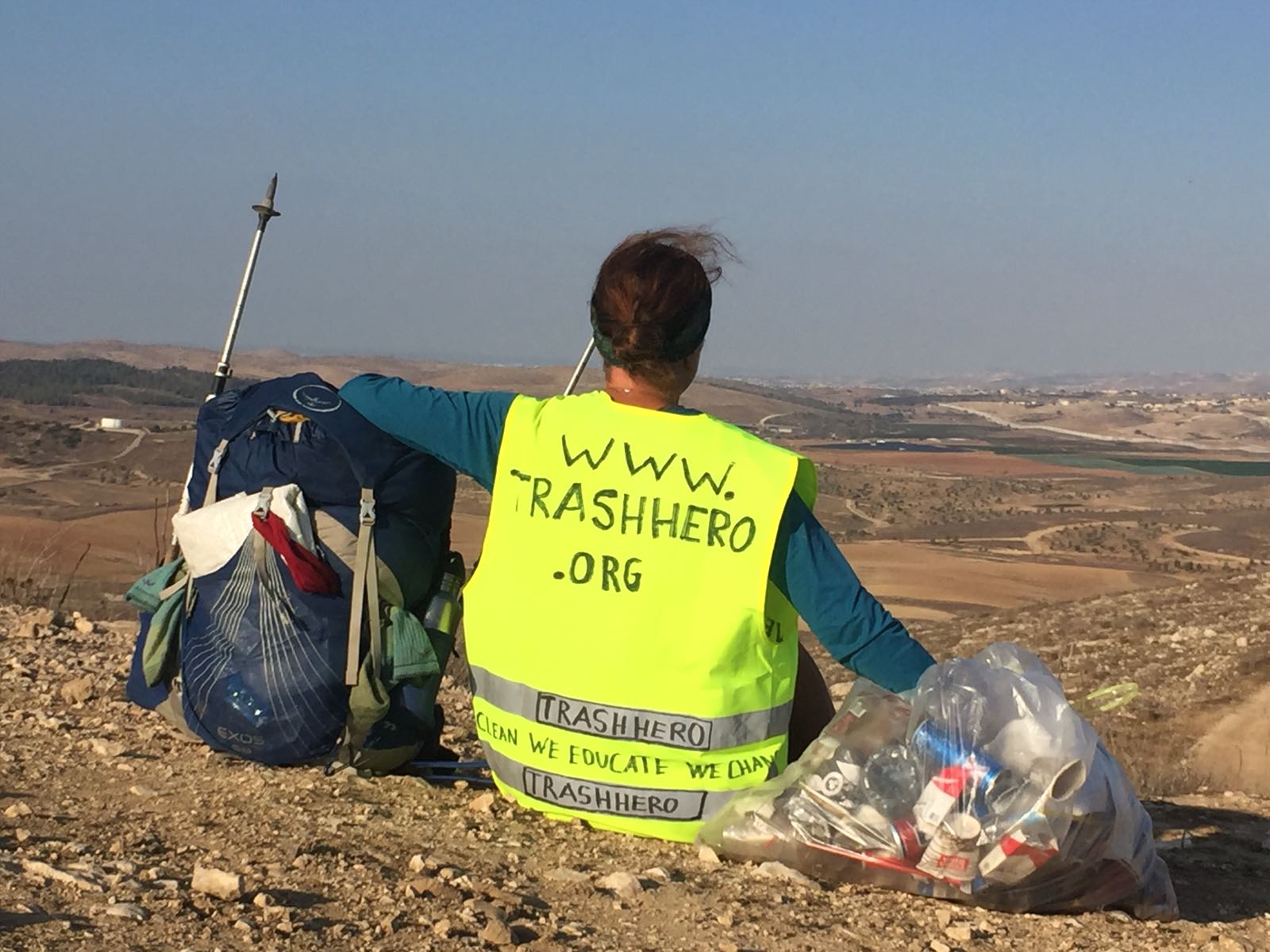
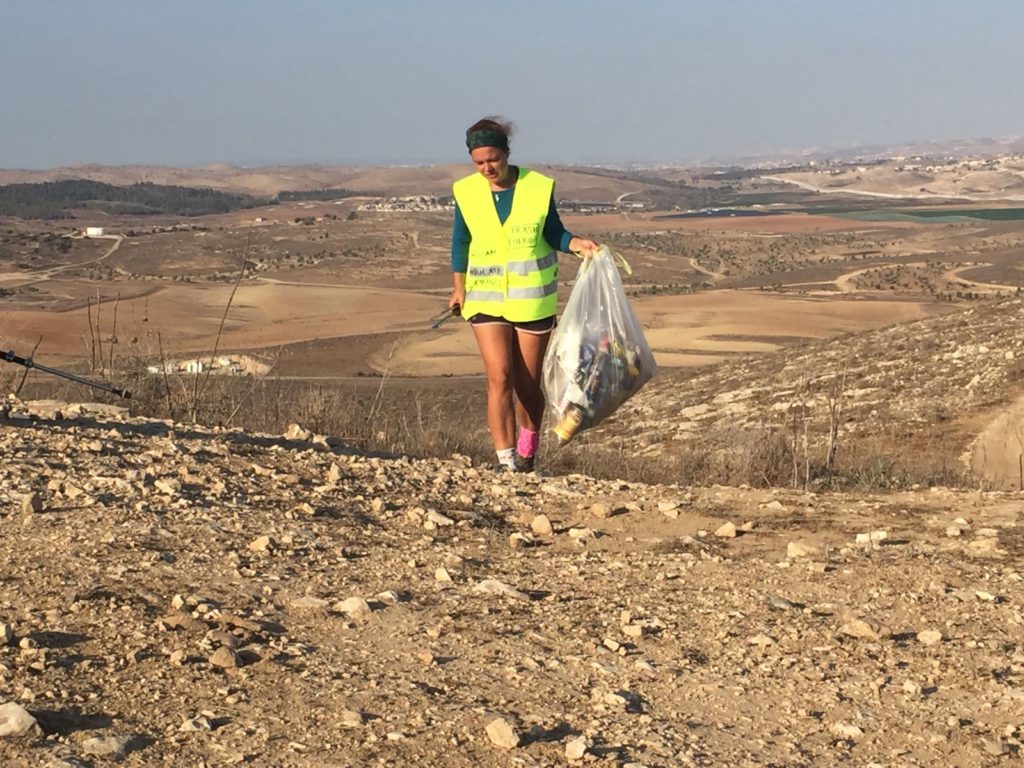
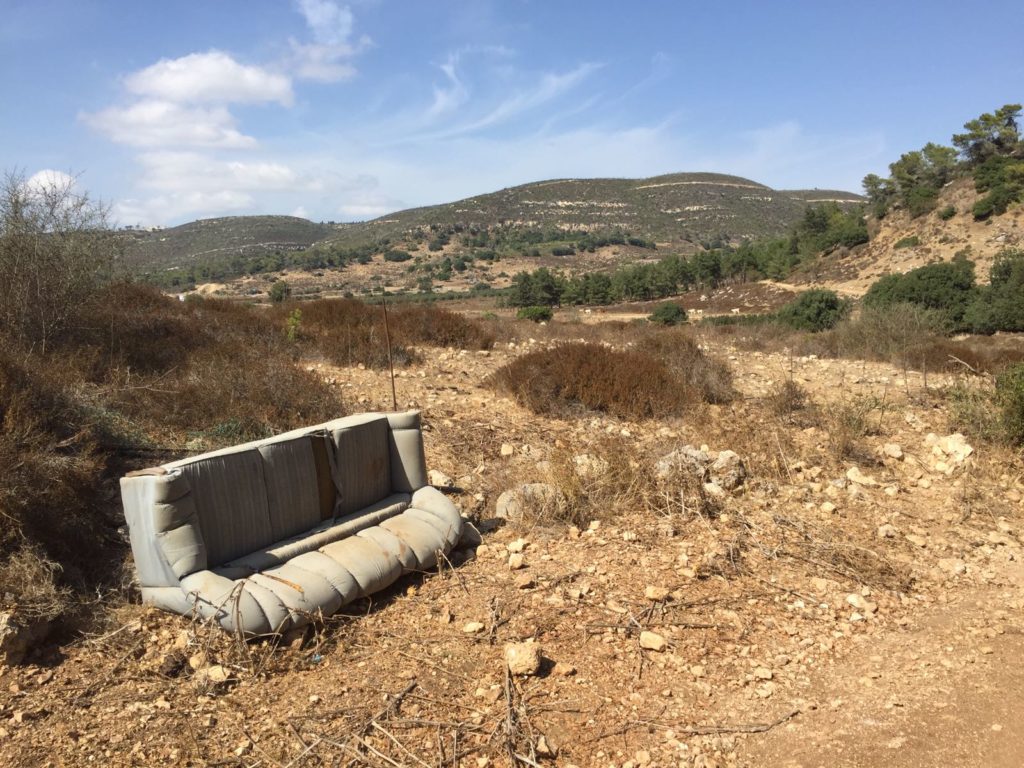
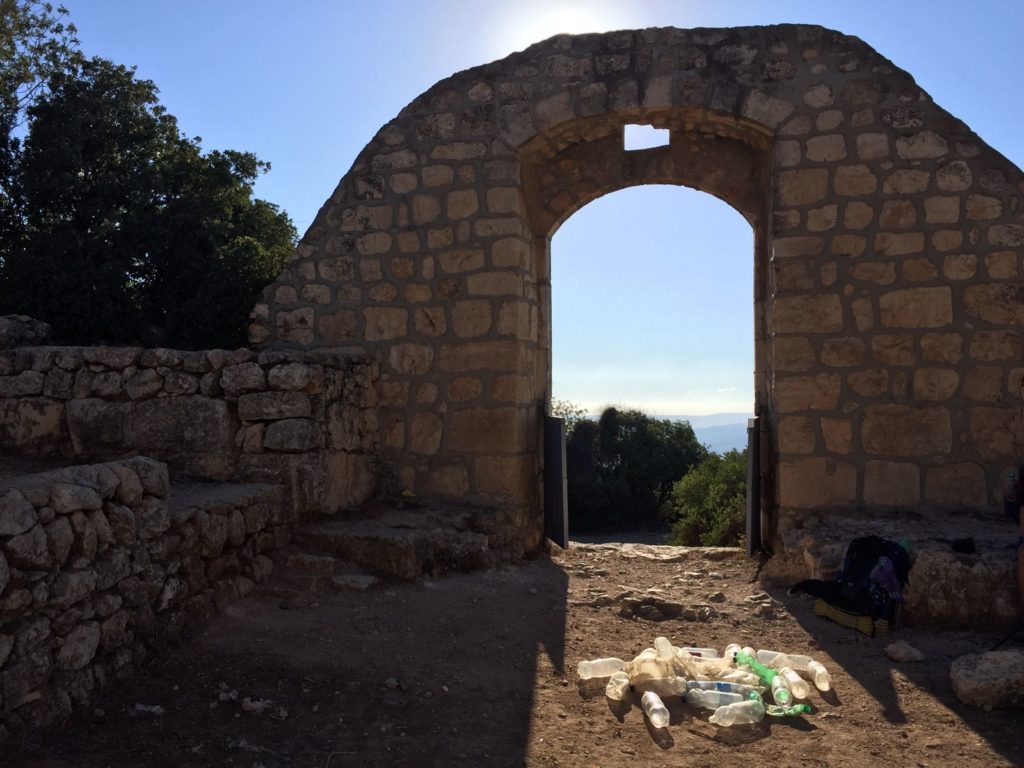

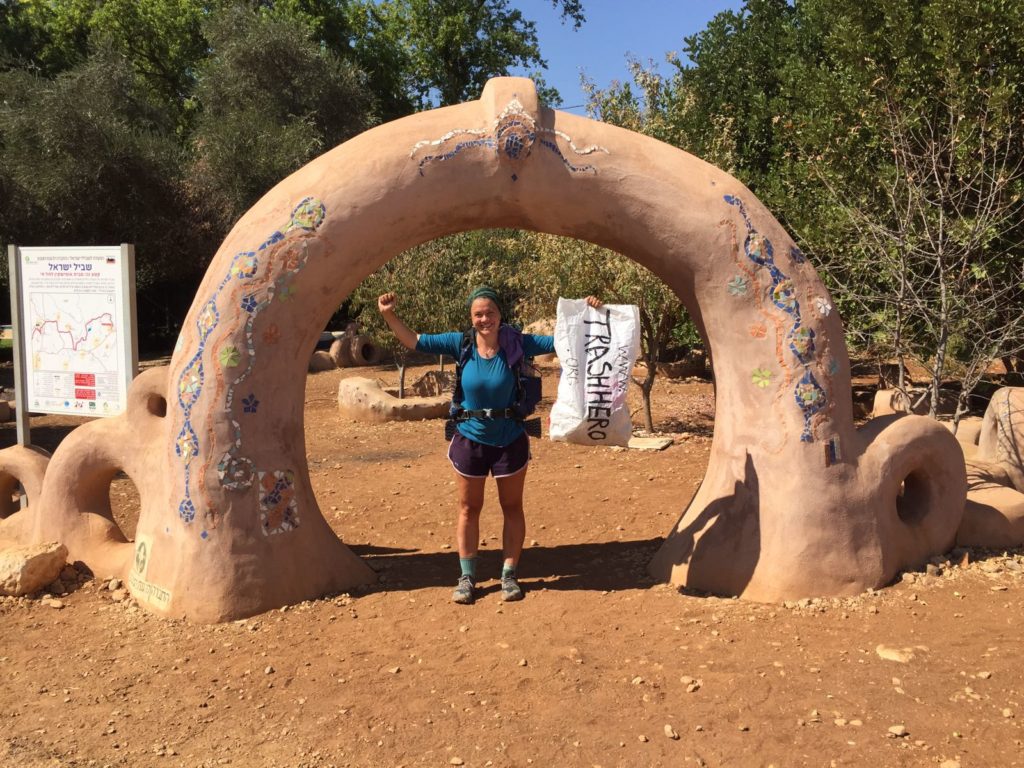
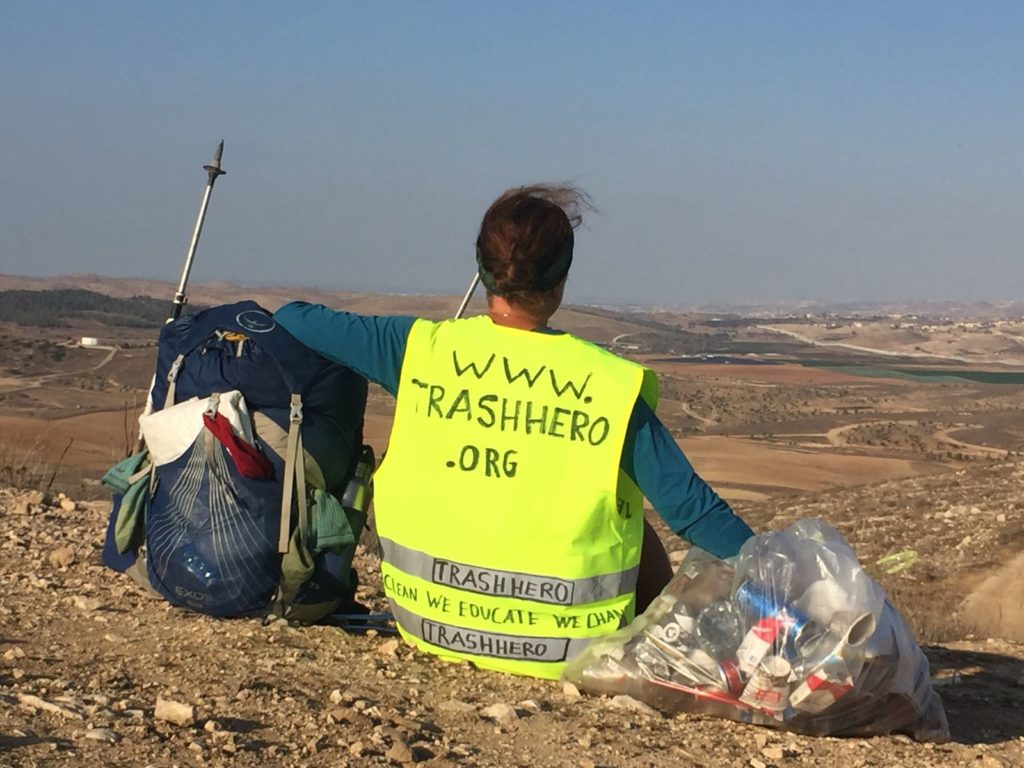

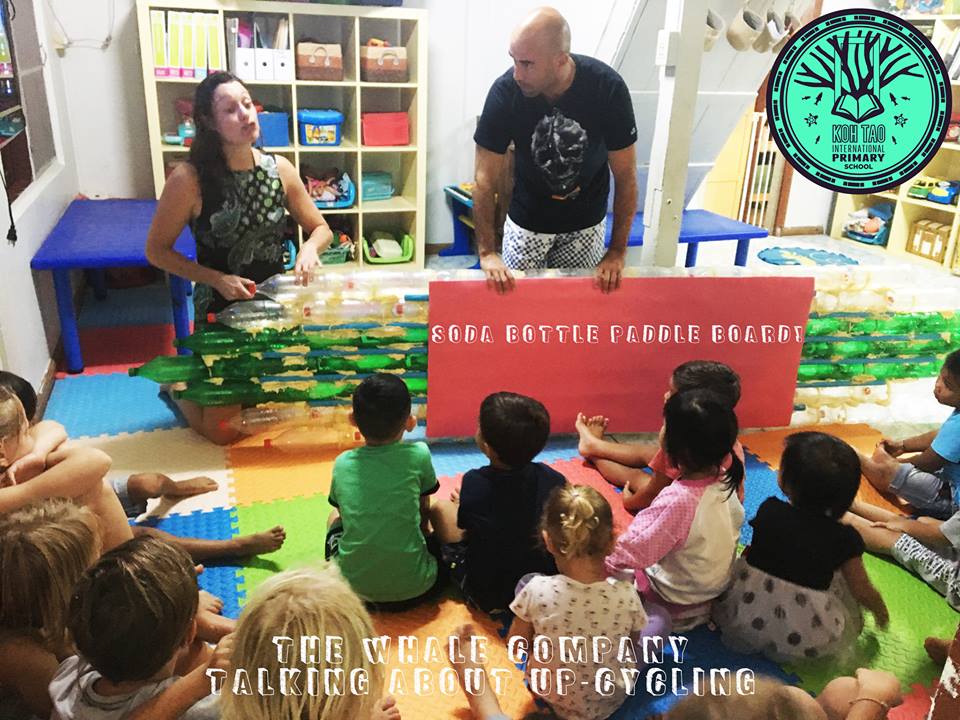
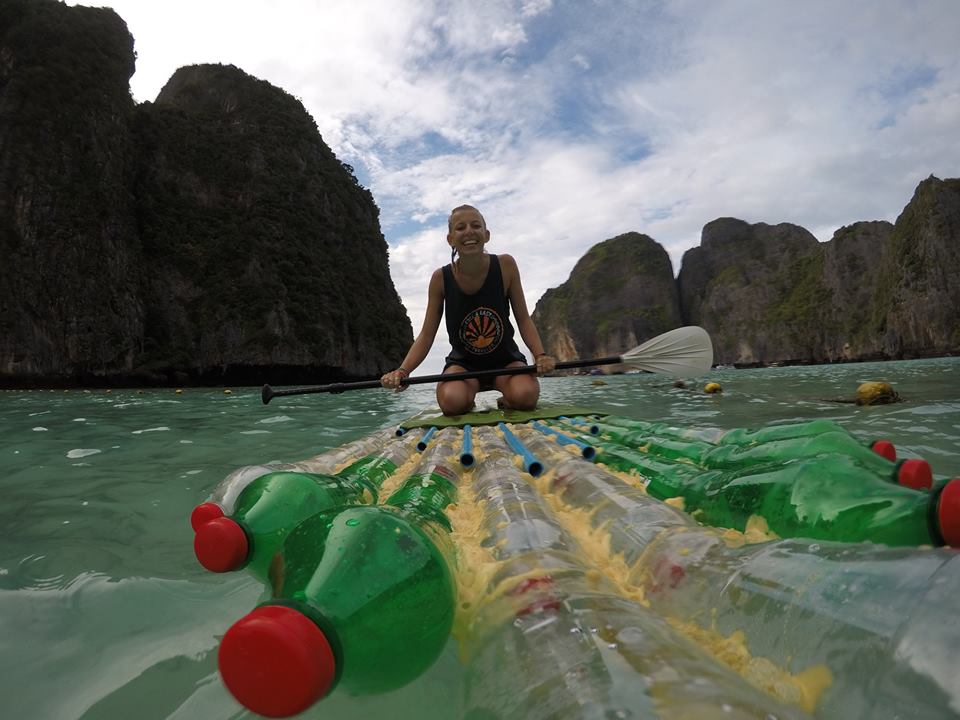
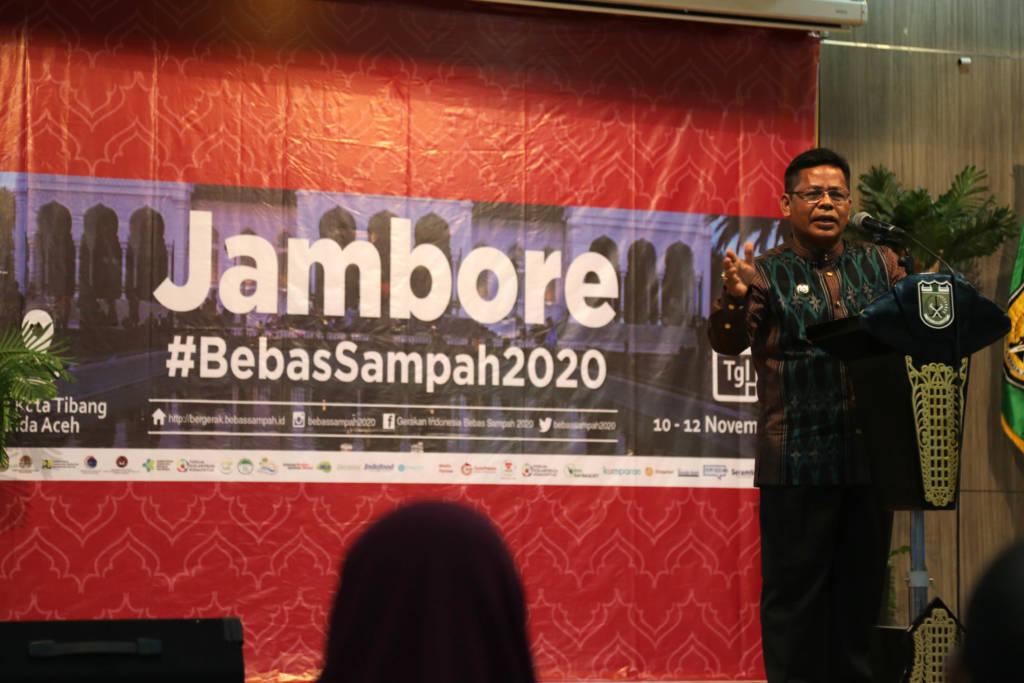
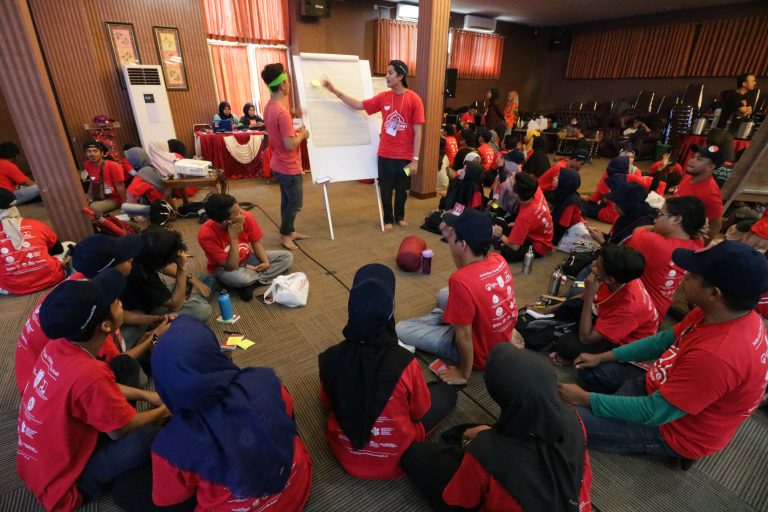
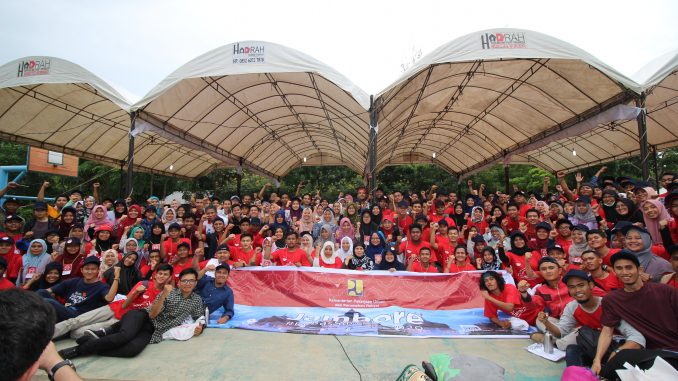 At the end of the jamboree, all the participants read out loud
At the end of the jamboree, all the participants read out loud 